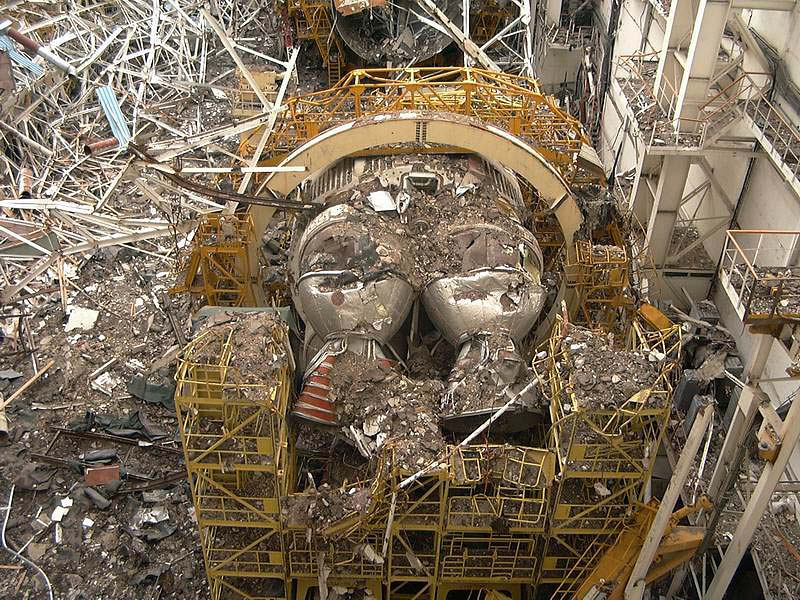Andromeda-Red Shift
Andromeda-Red Shift
Hi. I am 14, and i have a constant "thurst" for astronomy. MY first question would be... We know the andromeda galaxy has a red doppler shift, but do we know when/if it will ever collide with the milky way? i know its wayyyyyy beyond our lifetime, but i would like to know if it is possible
- Chris Peterson
- Abominable Snowman
- Posts: 18311
- Joined: Wed Jan 31, 2007 11:13 pm
- Location: Guffey, Colorado, USA
- Contact:
Re: Andromeda-Red Shift
The Andromeda Galaxy has a blue shift, not a red shift, because its radial velocity component is towards the Milky Way. The two galaxies are in orbit around each other, but with sufficient eccentricity that they are likely to collide. Most estimates place the time of collision several billion years from now, but there's a lot of uncertainty, because the details of how the two galaxies are orbiting are only poorly understood.Magnum LL wrote:Hi. I am 14, and i have a constant "thurst" for astronomy. MY first question would be... We know the andromeda galaxy has a red doppler shift, but do we know when/if it will ever collide with the milky way? i know its wayyyyyy beyond our lifetime, but i would like to know if it is possible
Last edited by Chris Peterson on Sat Jul 16, 2011 2:18 pm, edited 1 time in total.
Chris
*****************************************
Chris L Peterson
Cloudbait Observatory
https://www.cloudbait.com
*****************************************
Chris L Peterson
Cloudbait Observatory
https://www.cloudbait.com
Re: Andromeda-Red Shift
In other words, are our two galaxies on "direct-hit" course, or are they in a slowly declining orbit around one another? Will they go on "circling" each other in ever smaller circles until they eventually collide? And if so, how long will it take before they actaully hit each other? And how long will it take until they merge?
I have heard figure like 3 billion years and 5 billion years. But, like Chris said, the truth is that we don't know.
Ann
I have heard figure like 3 billion years and 5 billion years. But, like Chris said, the truth is that we don't know.
Ann
Color Commentator
- neufer
- Vacationer at Tralfamadore
- Posts: 18805
- Joined: Mon Jan 21, 2008 1:57 pm
- Location: Alexandria, Virginia
Re: Andromeda-Red Shift
Thurst, n. The ruins of the fallen roof resulting from the removal of the pillars and stalls. --Raymond.Magnum LL wrote:
Hi. I am 14, and i have a constant "thurst" for astronomy.
http://www.buran-energia.com/blog/category/baikonour/page/2/ wrote:
<<Here is some pictures of the destroyed 1.01 Buran space shuttle (the only model which flown) and the Energia launcher. After its historical flight the shuttle was parked in the 112 hangar piggy backed of an Energia launcher. Unfortunately in 2001 the roof collapsed during its renovation, destroying the shuttle and the launcher and killing 7 workers.>>
Art Neuendorffer
- Chris Peterson
- Abominable Snowman
- Posts: 18311
- Joined: Wed Jan 31, 2007 11:13 pm
- Location: Guffey, Colorado, USA
- Contact:
Re: Andromeda-Red Shift
That would be extremely unlikely.Ann wrote:In other words, are our two galaxies on "direct-hit" course, or are they in a slowly declining orbit around one another?
That's not really how orbits work. Two bodies will maintain the same orbit forever. That can only be changed if something shifts energy into or out of the system. In the case of a galaxy cluster (like the Local Group), that could happen because of gravitational perturbations from other galaxies, or it could happen because of tidal effects when the large galaxies come near each other. But since this is a multiple body system, it is unstable, and all the galactic orbits will change with time. As a result, it is inevitable that collisions will occur. Not a collision of the centers of mass (which would require the "direct-hit" course you suggest), but a collision because the galaxies are large, extended objects.Will they go on "circling" each other in ever smaller circles until they eventually collide?
Right now, there is no way to know for certain. We can accurately measure Andromeda's radial velocity with respect to us, but the transverse component is largely unknown, so we don't have a good way to assess the eccentricity of its orbit with respect to us.And if so, how long will it take before they actaully hit each other? And how long will it take until they merge?
Chris
*****************************************
Chris L Peterson
Cloudbait Observatory
https://www.cloudbait.com
*****************************************
Chris L Peterson
Cloudbait Observatory
https://www.cloudbait.com
